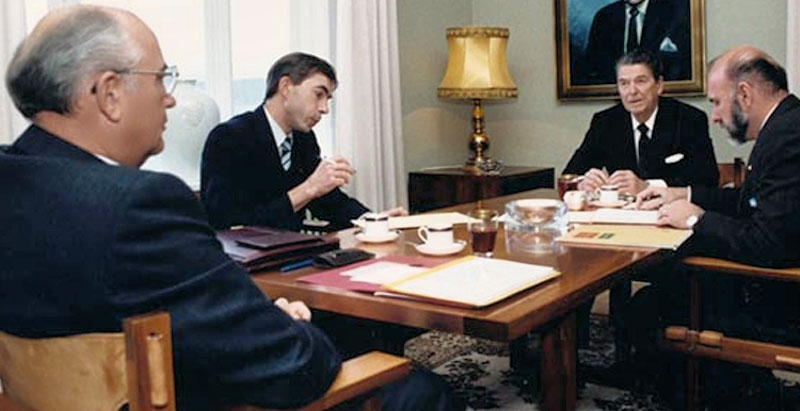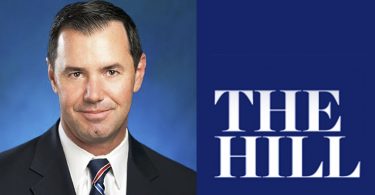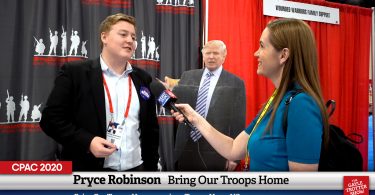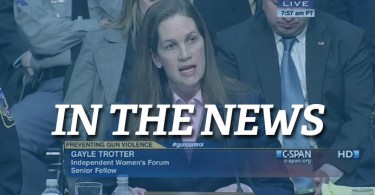People are looking for historical comparisons of the negotiations with North Korea and earlier US engagement with nuclear-enabled regimes. A lot of talk has been about the comparisons with Libya–Libya giving up its nuclear weapons program and Gaddafi being tumbled by opposition forces in his country.
The more compelling comparison would be with the 1986Reykjavik Summit when President Reagan met with the head of Russia who was Gorbachev at the time. As we saw the lead up to that summit, there was talk of pulling out of the summit, that it wasn’t going to happen. There was a lot of consternation in the world that the two superpowers, who were at a level of mutually assured destruction, were not going to go through with this talk to try and bring more peace to the world.
That summit is a more apt comparison for this negotiation between President Trump and Kim Jong un.
As we saw with Reykjavík negotiations, the fact that the US was not so committed to having a deal–even if it was a bad deal–enabled President Reagan to go into the summit from a position of strength. We see the same thing with President Trump. He is saying he is willing to negotiate man-to-man with Kim Jong un, but he’s not going to do it unless certain conditions are met and as the very basis of that, it has to be a level of respect.

I lived through Reykjavík. I remember watching it going on as it was happening and the breathless reporting that we had that refused to trust the process. I think it was out of an earnest fear that these two countries would not be able to come together and that it was a threat to the peace of the world. But as George Washington, a great general and great president said, “if you want to work for peace, you need to prepare for war.”
We see a lot of bellicose statements coming out of President Trump and out of a Secretary Pompeo, Mr. Bolton and General Mattis talking about how the military is ready to go tonight. That is something that journalists are very uncomfortable with and continue to report on, but the best way to make sure that the summit is a success is to remind the North Korean leadership and their people that this is not a situation where the United States is going to just let this situation continue as it has under many prior administrations.
I was on WMAL Mornings on the Mall with Mary Walter and LTC Tony Shaffer to discuss. Listen in:
 INF Treaty, 1988
INF Treaty, 1988








